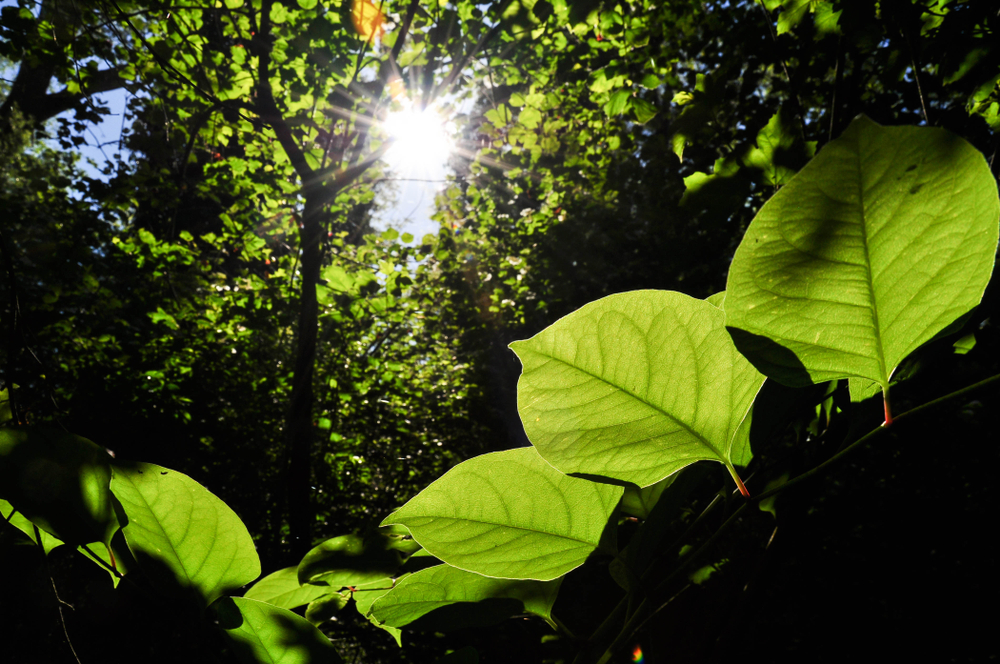Japanese knotweed is a destructive and invasive plant with the potential to cause thousands of pounds of damage to properties. Stuart Snape, managing partner of Graham Coffey & Co Solicitors, explains how to tackle an outbreak
 You own a house. You have just found out there is Japanese knotweed on your property or alongside it. What on earth do you do?
You own a house. You have just found out there is Japanese knotweed on your property or alongside it. What on earth do you do?
The first thing to bear in mind is that it doesn’t matter whether you have just moved in, are planning to sell your house or are living in your dream home and never intend to leave. What you must not do is ignore it.
The dreaded hollow wooded stems that look a bit like bamboo with broad oval leaves begin life as red and then turn a dark green in late summer and autumn. These plants are relentless. On average, the roots below ground can extend up to seven metres.
It is for this reason that if you see Japanese knotweed alongside your property rather than on it, for instance on a neighbour’s land, the damage can be just as significant.
The course of action you take after you have found the Japanese knotweed largely depends on where you found it.
Here we explore the different options available to you depending on the circumstances.
Growing alongside your property
If it is growing on neighbouring land and is within seven meters there is a real risk that the roots have already encroached beneath your property.
From that moment your home and its value can be affected. You should contact a specialist solicitor straight away.
Where Japanese knotweed can be shown to have encroached onto your property, even if that encroachment is only minimal, then you may be entitled to seek compensation for the loss of value to your property in addition to an order compelling the owner of the adjoining land to remove the invasive plant.
In many cases, the reduction in value can be as much as 10% and the cost of removing the Japanese knotweed can run into thousands of pounds.
It is vital you obtain legal advice to ensure this cost can be passed onto the responsible party. Even if you have no intention of selling the property you may be entitled to claim for the reduction in value.
Growing on your property
If you find Japanese knotweed growing on your property and there is no evidence of it having spread from adjoining land then you should immediately contact a removal specialist.
When they attend it is important you ask them to consider whether they are able to advise where it may have originated from and how long it has been there.
If there is any suggestion that the Japanese knotweed has spread from a neighbouring property then contact a specialist solicitor straight away.
In the event it appears the Japanese knotweed appears to be limited to your property you must act quickly and responsibly to ensure it doesn’t spread to any neighbouring properties.
Destroying Japanese knotweed can be expensive. Whilst there is no law requiring you to hire a specialist contractor there are strict rules and conditions associated with its removal and disposal.
If in doubt you should contact the Environment Agency for further advice or the relevant local council.
Do not simply try and pull it up or or chop it down.
It is vital you obtain a guarantee from any specialist contractor. If treated properly and where an appropriate treatment guarantee is provided then in many cases there is unlikely to be any significant problems selling the property or securing a mortgage.
Present before purchase
If the Japanese knotweed has been present since you bought the property you may be able to seek compensation from the seller if they did not mention this within their seller’s information form.
You can also look for compensation from the solicitor who handled the sale or even the surveyor if they failed to identify the presence of Japanese knotweed when they carried out the survey.
If you simply do nothing you are at significant risk of the Japanese knotweed spreading to neighbouring property and you may be liable for any reduction in the value of their home.
Overall, don’t be complacent. Always check around the boundary of your property to see what is growing nearby. Be sure to act the moment you think you have identified Japanese knotweed and do not try to remove the Japanese knotweed yourself.
Legal advice is often essential where Japanese knotweed has been identified and you should not hesitate to contact a specialist legal adviser.
Stuart Snape is a managing partner at Graham Coffey & Co. Solicitors.















Very useful advice! Thanks!